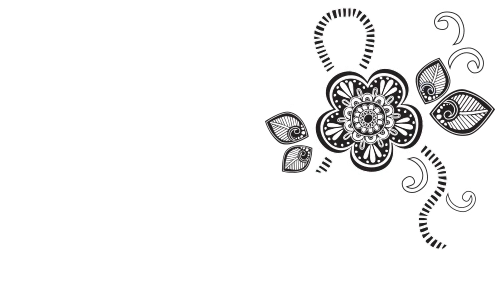The past two days we have walked the chaotic alleyways in two busy red-light-districts. Bombarded by the loud cacophony of the streets, we dodge rickshaws and vegetable carts and those who are selling aromatic goods in the street. We avert our eyes and take our purposed steps as if the act of trying to make ourselves smaller will make us more discrete. At this red-light-area, we sidestep and pivot around people and potholes until we come to the familiar alley on the left. On these smaller, quiet alleys that lead to the center, we smile as we walk by the women sitting outside their homes. Some sit in chairs and stare at us without flinching. Some nod and smile back. Some seem to notice us, not at all.
Up the broken road we walk until we recognize the peach painted walls and an open door. There’s a familiar face and a call for us to enter. We are ushered into the center, and we remove our shoes. To us sheltered within the walls, there is a peaceful pause to the activity outside. In here, everyone embraces and smiles. This center, tucked into the belly of the red-light-district exists to serve as a safe place for women and children among the brothels.
Our bare feet rest on what feels like Holy Ground in a broken, hard, chaotic place. For two days, we lock eyes with the sex workers who have come to trust the India staff at the center. They come to us with their medical complaints of headaches and joint pain; HIV; rashes; no appetites; and swollen limbs and bellies. One little boy, brought to us by his mother, has mumps. Five are known to be HIV positive. Total, in this place, we see 31 women with a handful of kids. The women are from Calcutta, Mumbai, Nepal, and Bangladesh. I’ve been on medical trips where we’ve seen hundreds more, where the sheer volume of patients was of great concern. But these 31. We truly saw them.
We know their names.
Because of the tireless steady work of a handful of courageous people, these women come to us without much reservation. They are softer because of the persistent love and care that’s been shown to them over the years. They look into our eyes when we speak to them. Some of them tell us pieces of their stories. They come and ask us to pray over them. And so, we bend and pray.
I’ve wondered this week, with my eyes locked with theirs, if this might be my “Schindler’s List Moment”. I find myself asking what the lives of just one of these women is worth.
In this place their worth is measured by mere rupees. Their worth is reduced to pocket change. They are the outcasts; in this district society tells them that they have no worth at all.
“Aren’t five sparrows sold for two pennies? Yet not one of them is forgotten in God’s sight. Indeed, the hairs of your head are all counted. Don’t be afraid; you are worth more than many sparrows.” Luke 12:6-7
Salma – Javine – Sita – Samejean – Noorbanu – Meena – Usha Neha – Shimaadhikahi – Mira – Rupa – Rita – Monika – Ratina Radha – Reena – Rosa – Shanti – Hambia – Pooja – Konika
Sarjina – Alamin – Aazid – Musdaqin – Asmin – Rakish Ratik – Raj – Roma
We see you; we know your names. Your worth cannot be measured. You are intimately known. He pursues you with a tireless, reckless love.
He knows the number of hairs on your head.
He will declare justice over you. He died to give you Hope.
You.
His daughters, He calls you by name.
And so will we.
We will not forget you.

